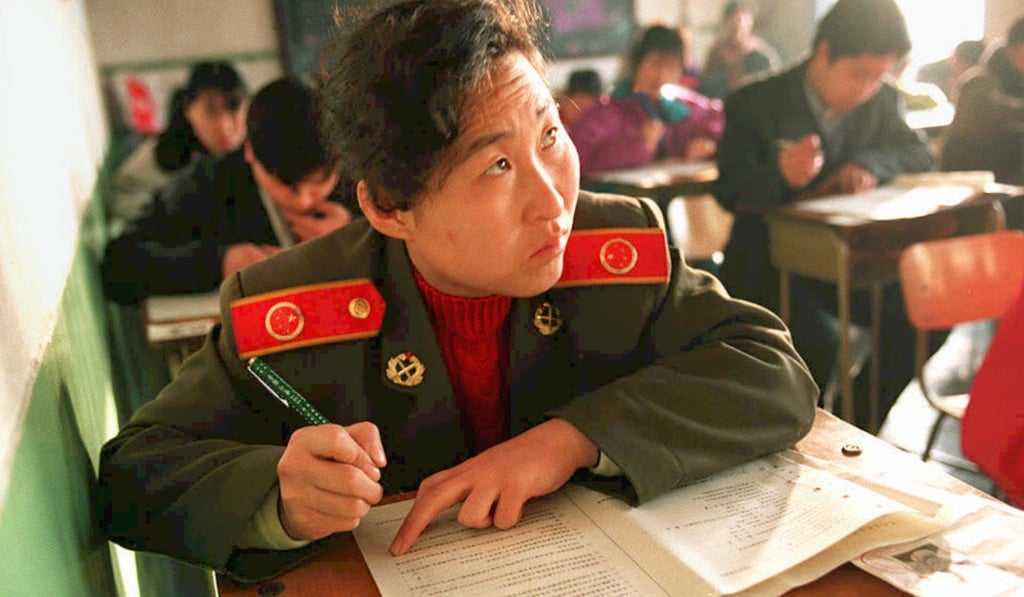Advertisement
Opinion | China’s rule of law has not improved enough to reassure Hongkongers on the risks of extradition to the mainland
- From the suspension of an outspoken law professor to the detention of human rights lawyers and a confession-driven investigation and prosecution system, the rule of law in China has a long way to go before it meets the best international standards
Reading Time:3 minutes
Why you can trust SCMP

In the current debate on extradition, some commentators have defended the mainland’s legal system, pointing to various “improvements” in recent years. We should examine such “improvements” and China’s rule of law, not in terms of the statute books, but by how people experience the rule of law.
For example, since 2002, those who aspire to join the private legal profession, the state prosecution body and the judiciary must pass a national exam. This written test, which includes multiple choices questions and essay writing, is all you need to qualify for a lawyer’s practice certificate; formal practical training is generally non-existent.
Recently, law students have been provided with standard study material on Marxist-Leninist socialist rule of law. Professors are required to take a multiple-choice test on the thoughts of President Xi Jinping and are increasingly wary that students may report their teaching to the university Communist Party committee. Tsinghua University, ranked Asia’s top university, recently suspended law professor Xu Zhangrun, who wrote articles criticising the country’s governance.
Advertisement
In recent years, the judiciary has been losing judges at an accelerated pace. Some suggest this is due to Xi’s anti-corruption campaign. However, many younger and better-educated judges are frustrated by the rampant judicial corruption, the heavy workload, lack of independence and inability to properly administer justice.

Advertisement
Meaningful legal aid is not yet widely available. The latest nationwide legal aid budget is around 2.2 billion yuan, compared to around HK$1 billion in Hong Kong. In Beijing, practising lawyers are obliged to take up at least one legal aid case a year, at a nominal rate of 200 yuan per case. The general impression is that lawyers who are obliged to take up these cases lack passion.
Advertisement
Select Voice
Select Speed
1.00x